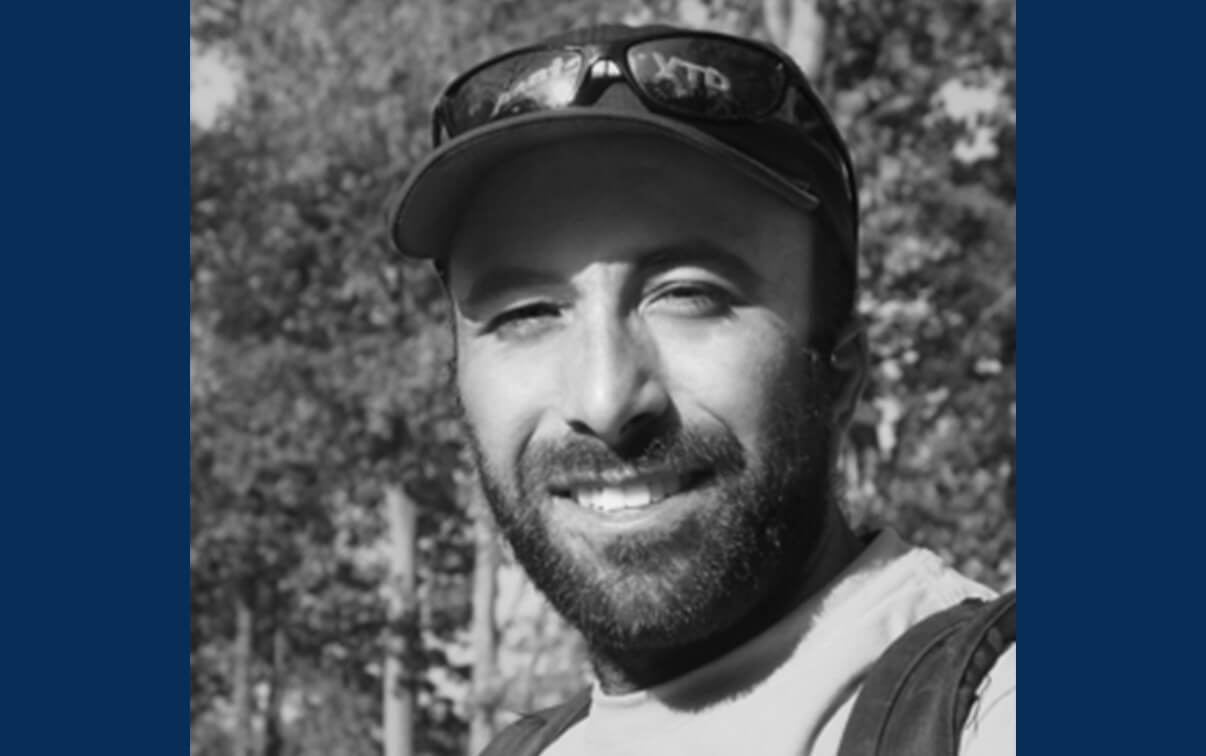
Alumni Spotlight: Steven Paul Tomajer, ‘12
This week’s Alumni Spotlight is Steven Paul Tomajer of Howell, New Jersey, who graduated from UMM in 2012, from the Environmental Science/Wildlife Biology Program. He is currently a wildlife biologist for a private company in NJ.
Tell us a little bit about what you are doing now:
I work for a private company in the Environmental Management field. Employed as a wildlife biologist, my work consists of pond management and invasive species control, wetland restoration, and surveys utilizing geospatial informatics systems (mostly bathymetric interpolation). We work for private residences and businesses, Home Owners Associations, as well as public land and State organizations. In the off season we perform maintenance on aeration systems and fountains; which are required by the New Jersey Department of Environmental Protection to control the population of mosquito larvae and reduce the spread of West Nile Virus. These systems also help elevate the dissolve oxygen contains with the body of water to prevent the water from becoming anoxic and resulting in a fish kill.
What is the most valuable thing you learned while at UMM?
Before attending UMM I knew I wanted to do something involving the environment. As one would know, this is a very broad field and has a very wide range of fields of study. As a requirement, I enrolled in botany, and realized that I really enjoyed working with plants. From there, I continued on with my plant science credits and found my niche. It is still important to learn the broad spectrum of the wildlife biology field, but it is also important to figure out your passion within the field.
Do you have any advice for current students at UMM?
I would say to current students to figure out what they are passionate about and pursue that field or niche within a field. I would also tell them that once they believe they have found their passion and niche, think about the future. Look in to the average salaries of these positions and take into account student loan repayments and future costs of living – for example, apartment, utilities, significant others, etc. If it is something they are comfortable with then they will know all their efforts will be rewarded. They say that if you love your job you will never work a day in your life – I find that true for me right now.
How did your time at UMM prepare you for what you are doing now?
Many of the skills I learned at UMM are being applied in my field of work. G.I.S. is a very special field of study that is also in high demand amongst employers in many different fields of work. I feel this is one area of study that really helps me stand out amongst the crowd with prospective employers. The many plant science credits I took has also helped me in my field tremendously. When a state agency or private land owner calls up and says the have invasive species x, y, and z, I am confident when I arrive on their property that the job will be done correctly. This list could go on as just about all of the classes I have taken at UMM helped prepare me for my future.
How has UMM made a positive impact on your life?
I am a “city guy” from New Jersey, born in the Newark area, and raised at the Jersey Shore. I knew I was sick of it and needed a change. The population density here is out of control and I really enjoy the outdoors. Having traveled to Downeast Maine many times in my life I knew I wanted to immerse myself in that rural, wooded, setting. It has been one of the best decisions of my life. Upon doing so I met some amazing people during my tenure at UMM, not only students, faculty, and staff, but community members as well. It is a wonderful small town with a ton of charm and culture that is lacking severely in most towns in New Jersey. UMM and the location it is within made me realize how much I enjoy the country and further enhanced my love for nature and made me that much more passionate about my career choice.
